This article explains how to check the Bluetooth versions installed in Windows 11.
In our previous post, we showed you how to turn on or off Bluetooth, pair Bluetooth devices with Windows 11, fix common Bluetooth issues, and more.
Bluetooth is a wireless technology that connects your computers, smartphones, and mobile devices to nearby Bluetooth-enabled devices.
Many Bluetooth devices have some minimum Bluetooth specification/version requirements to work with full functionality. The instructions are below if you want to check the version of a Bluetooth device or firmware.
With a properly connected Bluetooth device, users can stream music, send data, and easily communicate with nearby devices.
How to check a Bluetooth device version in Windows 11
As mentioned above, many Bluetooth devices come with some specifications and supported version requirements that enable them to work with full functionality.
If a Bluetooth device isn’t functioning well, you might want to see if its firmware can be updated or get one with the latest versions.
Below is how one can check a Bluetooth device’s firmware version in Windows 11
With Bluetooth enabled in Windows, go and open Device Manager.
You can do that by clicking on the Start menu -> typing Device Manager in the search box, then selecting Device Manager from the search result under Best match.
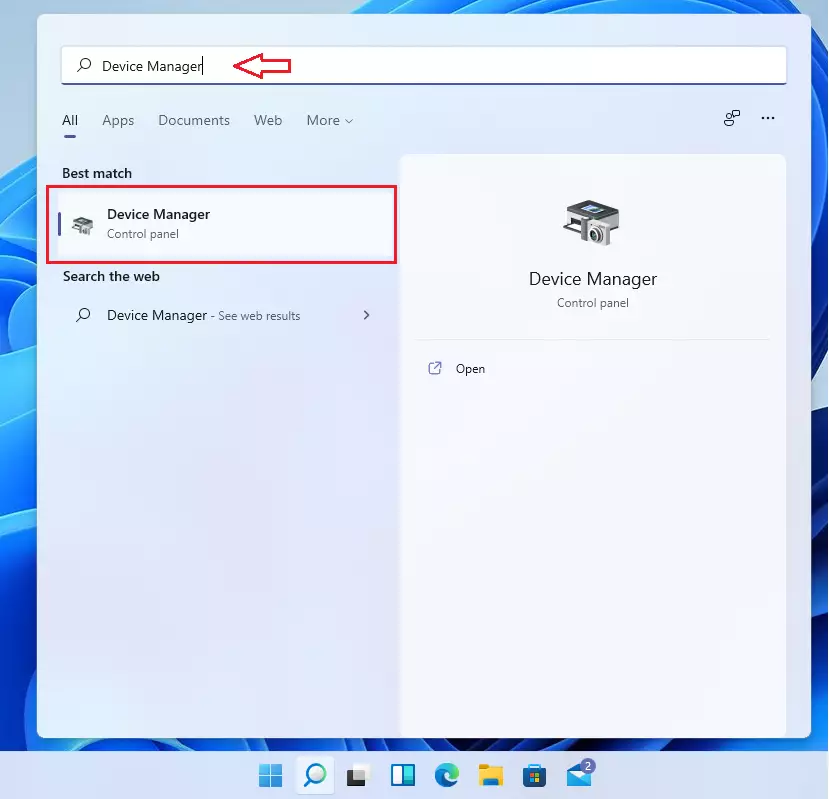
When the Device Manager app opens, click on Bluetooth to expand the category group.
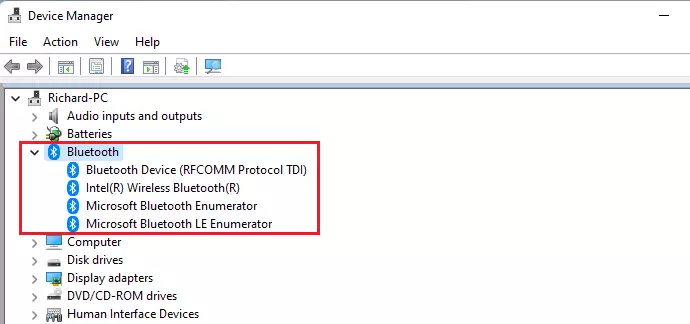
When the Bluetooth group is expanded, right-click the Bluetooth device (ex., Intel(R) Wireless Bluetooth(R) ) and select Properties as shown below.
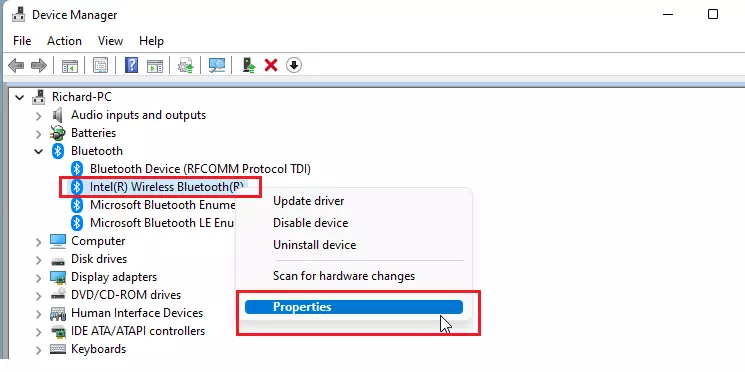
On the window that opens, select the Advanced tab. Then, locate the LMP (Link Manager Protocol) listing in the Firmware or Firmware version section.
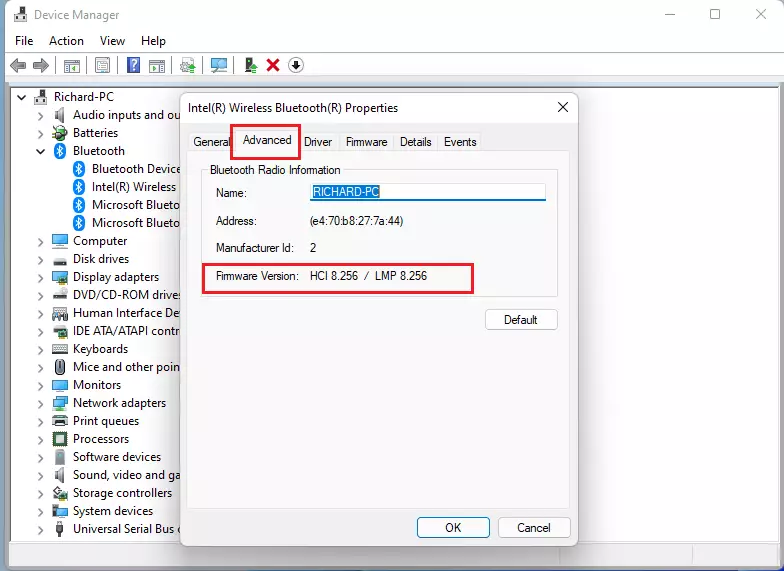
That should show the Bluetooth device firmware version.
Below is a chart that may help you identify the version and capabilities.
| Link Manager Protocol Version (LMP) | Bluetooth Core Specification |
|---|---|
| LMP 0 | Bluetooth Core Specification 1.0b (withdrawn) |
| LMP 1 | Bluetooth Core Specification 1.1 (withdrawn) |
| LMP 2 | Bluetooth Core Specification 1.2 (withdrawn) |
| LMP 3 | Bluetooth Core Specification 2.0 + EDR (withdrawn) |
| LMP 4 | Bluetooth Core Specification 2.1 + EDR (deprecated, to be withdrawn) |
| LMP 5 | Bluetooth Core Specification 3.0 + HS (deprecated, to be withdrawn) |
| LMP 6 | Bluetooth Core Specification 4.0 |
| LMP 7 | Bluetooth Core Specification 4.1 |
| LMP 8 | Bluetooth Core Specification 4.2 |
| LMP 9 | Bluetooth Core Specification 5.0 |
| LMP 10 | Bluetooth Core Specification 5.1 |
| LMP 11 | Bluetooth Core Specification 5.2 |
That should do it!
Conclusion:
- Checking the Bluetooth device firmware version in Windows 11 ensures optimal functionality.
- Updated firmware versions can resolve connectivity issues and provide access to the latest Bluetooth capabilities.
- Utilizing the Device Manager in Windows 11 lets users quickly identify the Bluetooth device firmware version.
- Understanding the Link Manager Protocol (LMP) versions helps users determine the Bluetooth Core Specification of their devices.
- Stay informed about firmware updates and Bluetooth specifications to maximize the performance of your Bluetooth-enabled devices.
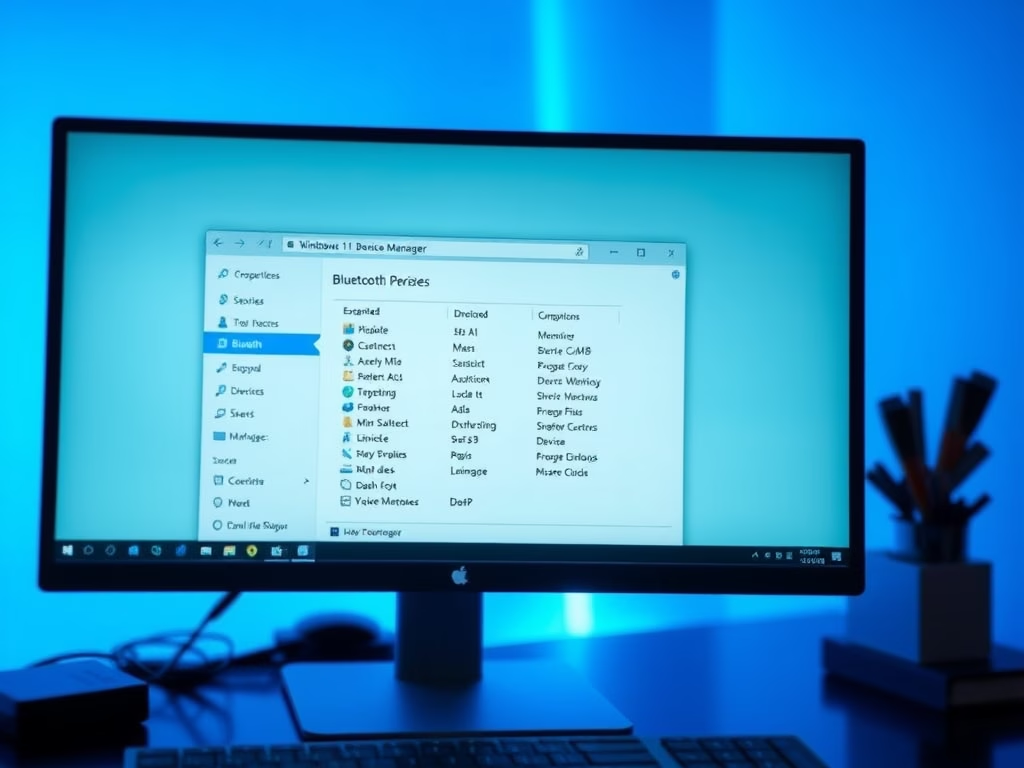
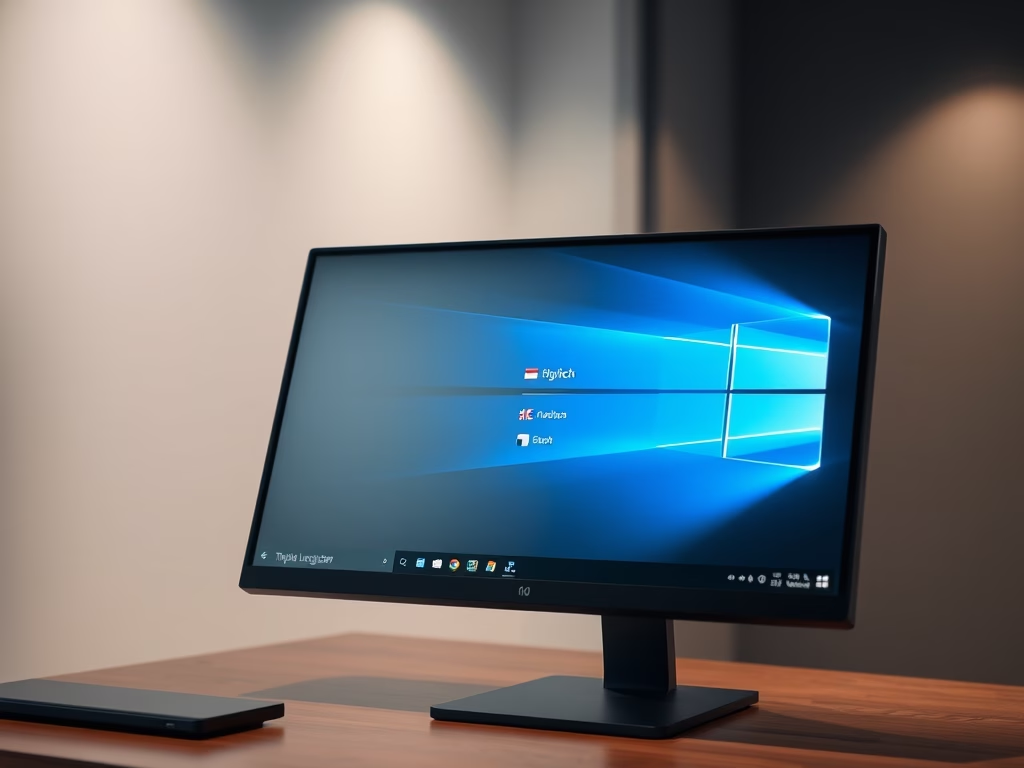

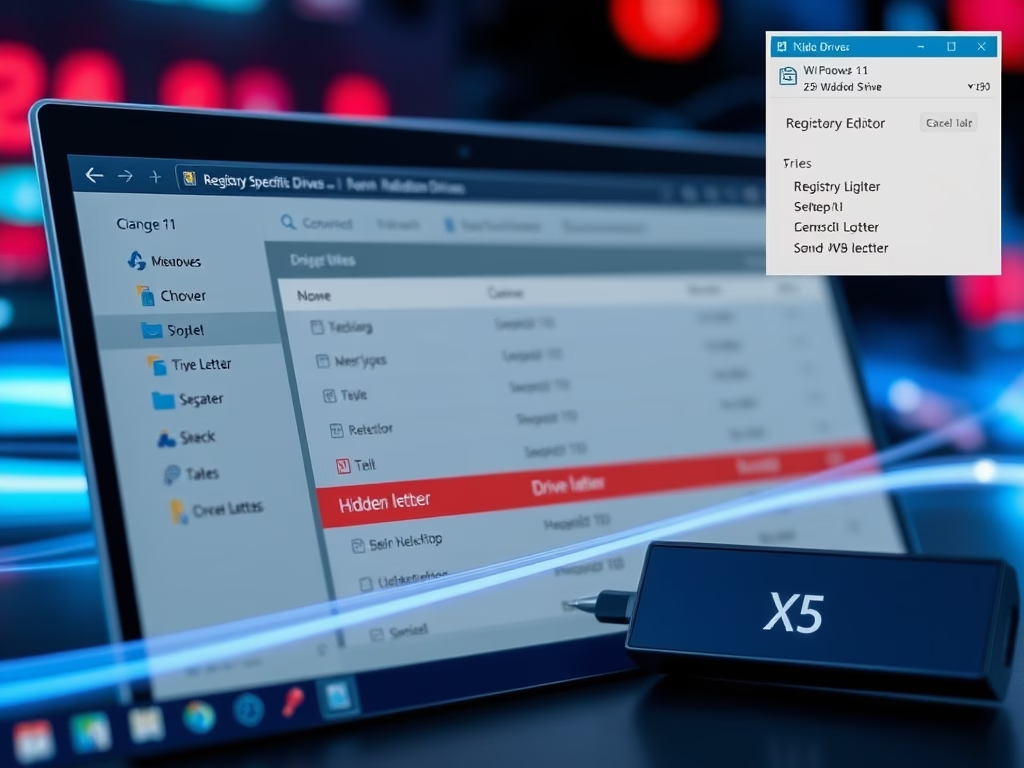
Leave a Reply